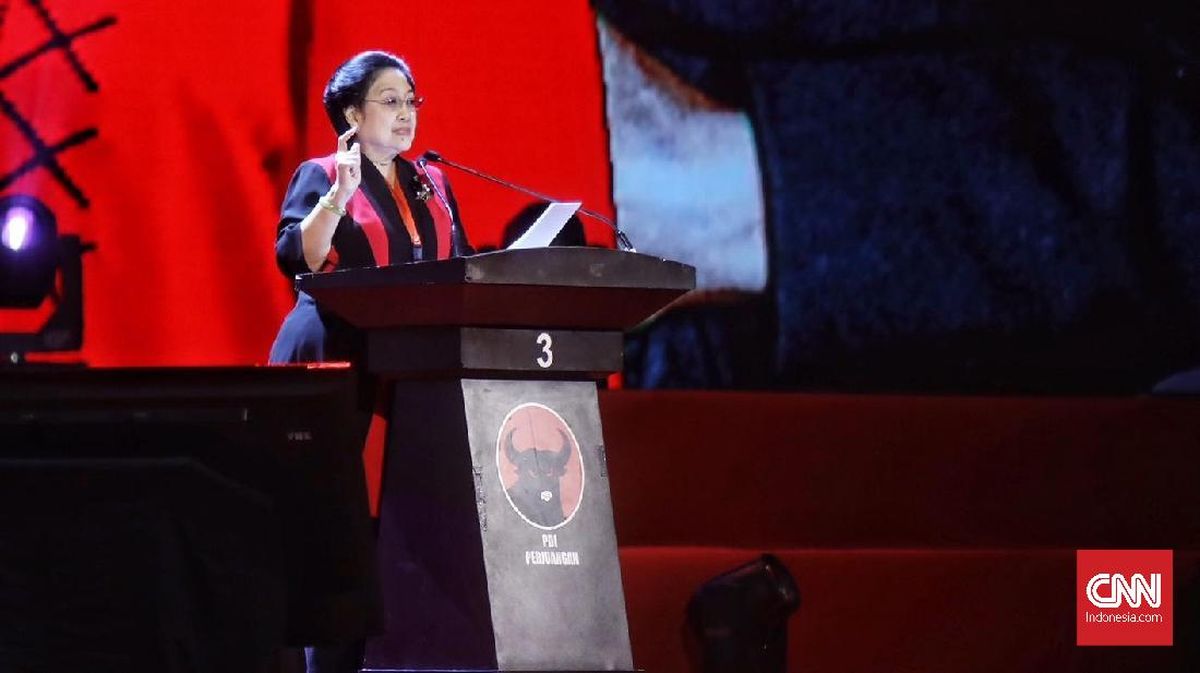TEMPO.CO, Jakarta - The Chinese government has just announced a new policy to also impose an additional tariff of 34 percent on goods originating from the United States (US) and will take effect on April 10, 2025. This is a retaliatory measure against the imposition of high US import tariffs.
This is a response to US President Donald Trump's new policy announced on Wednesday, April 2, 2025 regarding reciprocal trade tariffs. Where China is one of the countries most affected by the additional tariff imposed by the US of 34 percent. What are the details?
Referring to The Verge's report, as a form of retaliation against the US, China announced the imposition of the same tariff on US goods sent to its country. Furthermore, the local government also banned 11 US companies from operating in its country, added 16 other companies to the export control list, imposed new restrictions on the export of rare earth minerals, filed a lawsuit with the World Trade Organization (WTO), and initiated an investigation into the import of medical equipment from America.
In a statement announcing the retaliatory tariffs, China’s Ministry of Finance said that the U.S. tariffs on Chinese goods “seriously harm China’s legitimate rights and interests,” and called the move a “typical form of unilateral suppression.”
“China urges the United States to immediately withdraw its unilateral tariff measures and resolve trade differences through consultations in a manner that is equal, respectful and mutually beneficial,” the statement said of China’s new policy, which will take effect on April 10, the day after the new U.S. tariffs go into effect.
Here are the details of China’s retaliatory measures:
1. Tighter Restrictions on Rare Earth Exports
In addition to the tariffs, China has also imposed tighter restrictions on exports of some rare earth elements — critical materials that are mostly mined in China and used in electric vehicles, weapons, and other advanced technologies.
2. Probe into X-ray Tube Exports
The Chinese government has also launched an investigation into exports of X-ray tubes from the U.S. and India, alleging dumping — selling goods overseas at a lower price than at home, which can hurt local industries. While this may sound very specific, it’s worth noting that the US is the dominant player in the global medical device trade.
3. Banning 11 US Companies
China has also banned 11 US companies accused of “military and technological cooperation with Taiwan” from exporting, importing, or investing in its territory. The companies have been officially added to the Chinese government’s “Unreliable Entity List.”
The majority of the companies on the list are in the drone and defense technology space, including Skydio—a drone maker that initially focused on consumers but shifted entirely to the corporate and government markets in 2023.
4. Export Restrictions on 16 US Companies
In addition, 16 other US companies are now subject to export restrictions, meaning they are prohibited from receiving dual-technology goods from China—products that can be used for both civilian and military purposes. The BBC also reports that six additional US companies are being banned from shipping their products to China for “food safety” reasons.
5. Filed a Complaint with the WTO
China's Ministry of Commerce said it has filed a new complaint with the World Trade Organization (WTO), alleging that Trump's reciprocal tariff policy violates international trade rules. China had actually filed an initial complaint with the WTO in February, shortly after the first 10 percent tariffs were imposed. The complaint was then renewed following the second round of tariffs in March. However, the WTO still lists the complaint status as "under consultation."
For your information, Trump announced the latest tariffs on imports from China as part of a new tariff policy that applies to all of the US's trading partners — including some uninhabited islands, prompting sharp reactions from the countries affected. As for China, Trump's latest tariffs follow two previous policies that each imposed 10 percent tariffs on Chinese goods earlier this year, bringing the total US tariffs on Chinese products to 54 percent.
Trump also signed an executive order eliminating the "de minimis" exemption, a rule that exempts taxes on packages worth less than $800. This policy has the potential to be a major blow to Chinese retail companies such as Shein and Temu.
On the other hand, China has continued to respond to President Trump's tariff policies with a series of retaliatory measures in recent months. In February, in response to the 10 percent tariff imposed on all Chinese goods, Beijing imposed similar tariffs of 15 percent on commodities such as coal and liquefied natural gas, and 10 percent tariffs on crude oil, agricultural machinery, and several types of vehicles.
Shortly after, Trump again raised tariffs on US imports to 20 percent in March, prompting China to immediately issue additional responses. This time, the US agricultural sector was the main target. The Chinese government announced 10 percent tariffs on imported products such as soybeans, pork, and beef, and 15 percent tariffs on chicken and cotton from the US.
Given the pattern of responses, analysts predict that China is likely to take additional steps in response to President Trump's announcement last Wednesday. "Retaliatory measures are expected to be gradual, with more assertive measures prepared to deal with potential future escalations, while still maintaining room for possible negotiation paths," analysts from Eurasia Group wrote in their report on Thursday, April 3, 2025, as quoted by Business Insider.
Editor's Choice: Trump Begins Tariff Negotiations with Vietnam, India, and Israel
Click here to get the latest news updates from Tempo on Google News













































